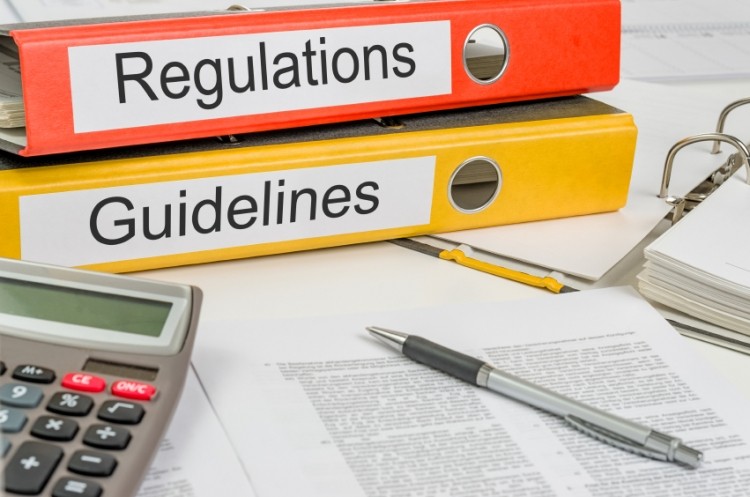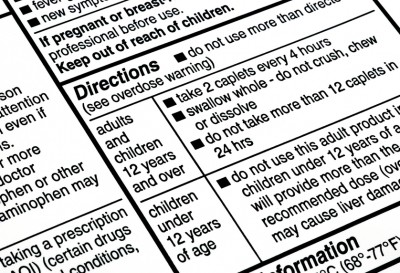Patient groups express safety concerns about US FDA's biosimilar guidance

The US Food and Drug Administration (FDA) released three final guidance documents last month, offering more clarity as to the science and quality of biosimilars.
This has helped pave the way for biosimilars in the world’s largest market, but while applauding the FDA for its actions, a coalition of patient advocacy groups has expressed concerns the guidelines could diminish patient awareness of any risks associated with taking a copycat product.
Formed last October, Patients for Biologics Safety & Access (PBSA) consists of 22 members, and is coordinated by the Immune Deficiency Foundation (IDF), a body representing patients with primary immunodeficiency diseases and sponsored by several biopharma firms including AbbVie, Baxter and CSL Behring.
“We applaud the FDA for issuing final guidances on important aspects of the Biologics Pricing Competition and Innovation Act (BPCIA),” IDF’s Vice President Larry LaMotte said, on behalf of the PBSA. “We remain concerned that instead of strengthening patient safeguards the final guidance documents diminish transparency and patient safety protections from the original draft guidances.”
Specifically, “the final guidances removed language that called for a biosimilar to be labeled as a biosimilar and to indicate whether or not the biosimilar is interchangeable with the reference product.”
The PBSA has sent a letter to FDA’s acting Commissioner, Stephen Ostroff, questioning these changes to the 2012 draft guidelines on Scientific Considerations, as well as expressing concerns the final guidance could provide greater opportunity for the use of indication extrapolation for biosimilars.
“While we are eager for new and affordable treatments, people with disabilities and patients with rare and chronic diseases are keenly aware of the possible risks associated with biosimilars,” the letter states. “Biosimilars will not be successful without patient confidence in the approval process of these complex drugs.”
AbbVie Petition
The letter comes a week after similar concerns were brought up in a citizen petition submitted to the agency by AbbVie.
The maker of topselling biologic Humira (adalimumab) – set to lose its exclusivity in the US in 2016 – states that “biosimilars are not generic drugs and should not be labeled like generic drugs” and is calling for the FDA to ensure all biologic drugs are labelled with:
- A clear statement that the product is a biosimilar, that the biosimilar is licensed for fewer than all the reference product’s conditions of use (if applicable), and that the biosimilar’s licensed conditions of use were based on extrapolation
- A clear statement that FDA has not determined that the biosimilar product is interchangeable with the reference product
- A concise description of the pertinent data developed to support licensure of the biosimilar, along with information adequate to enable prescribers to distinguish data derived from studies of the biosimilar from data derived from studies of the reference product











